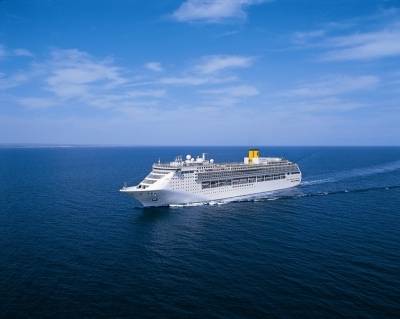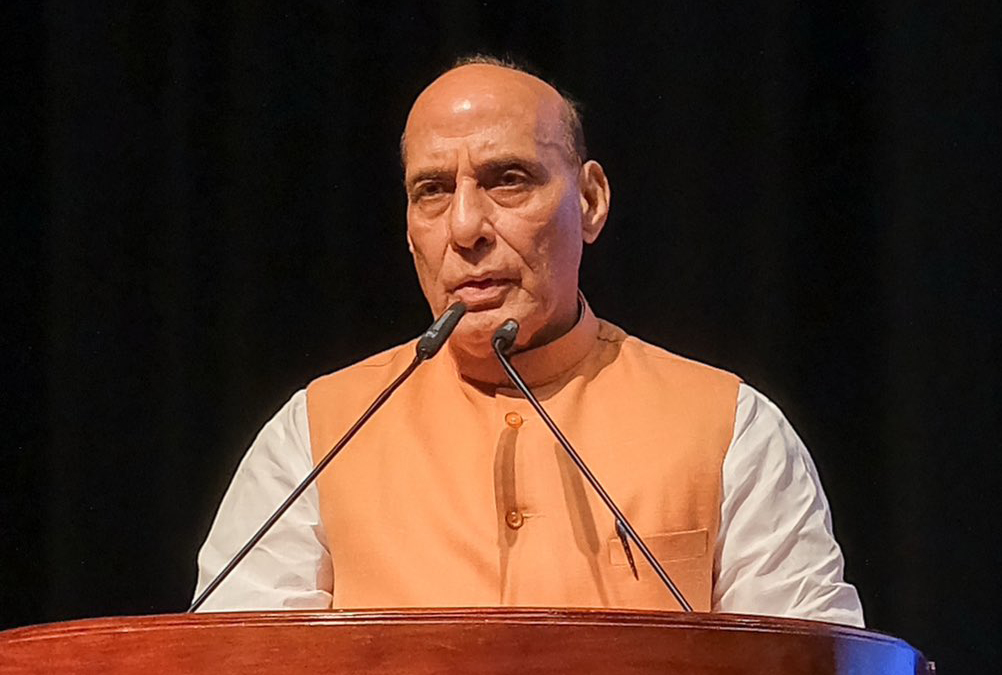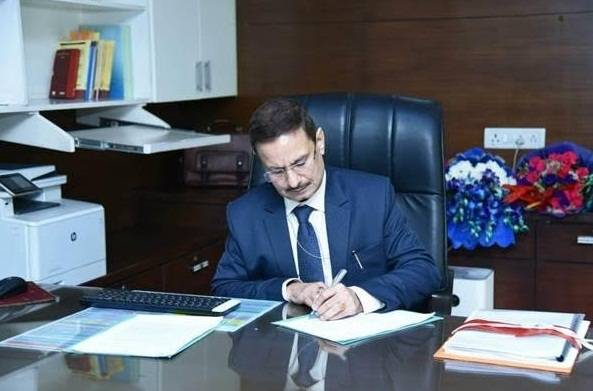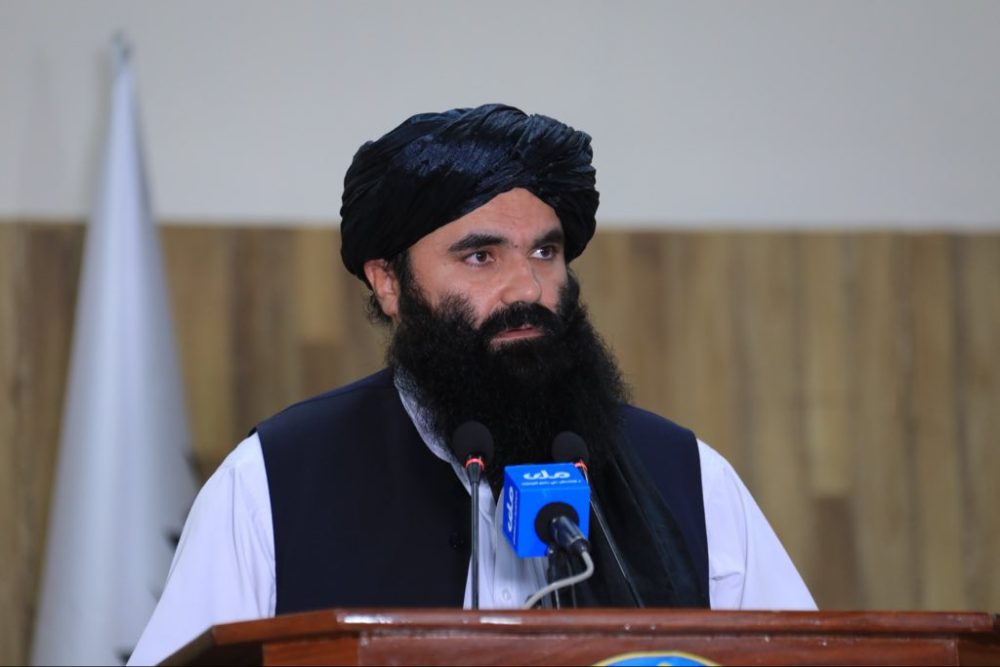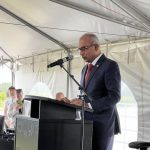The blue economy could address some major regional issues of concern, including transformation to a knowledge-based economy, climate change, food security, and economic cooperation to expand regional and global connectivity, write Mohammed Baharoon, Gedaliah Afterman and N. Janardhan
As US-China tension flares over Taiwan, intra-Asia cooperation continues to offer a more positive outlook. A creative idea that could bolster this solidarity is the untapped potential of a ‘blue economy’. This is an emerging concept for ocean governance that harnesses the economic capabilities of oceans in environmentally sustainable ways. It is also defined as “all economic activities related to oceans and seas” that constitute 71 per cent of the earths surface and covers “a wide range of interlinked established and emerging sectors”.
The blue economy could address some major regional issues of concern, including transformation to a knowledge-based economy, climate change, food security, and economic cooperation to expand regional and global connectivity.
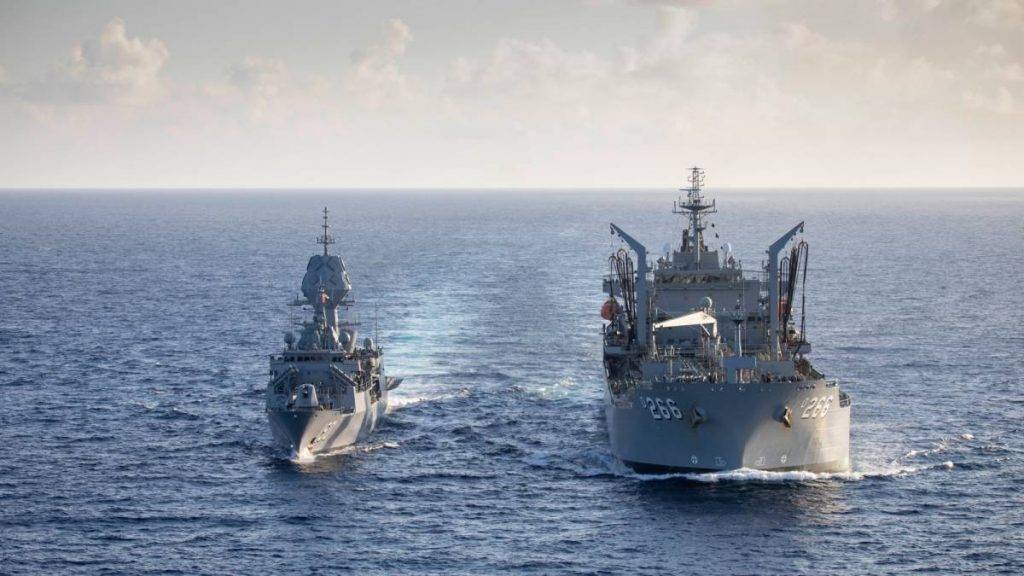
Amid an uptick in minilateral partnerships like the I2U2 – involving India, Israel, the United States, and the UAE – a blue economy agenda could be a game changer. It becomes pertinent as India and the UAE signed the Comprehensive Economic Partnership Agreement in early 2022. The UAE also signed similar agreements with Israel and Indonesia recently. Such partnerships could receive further impetus if a blue economy agenda becomes the basis of a minilateral block among the new middle powers.
Several countries are investing substantial resources into developing blue economy strategies. India, for example, introduced SAGAR (‘Security and Growth for all in the Region’ or meaning ‘ocean’ in Hindi) in 2015 to focus on cooperative measures for sustainable use of oceans, especially in the Indian Ocean region. It provides a framework for a safe, secure and stable maritime domain in the Indian Ocean region.
In this milieu, here are some pressing areas where a blue economy could foster cross-regional Asia-West Asia minilateral cooperation.
Climate Change: The potential of microalgae for carbon sequestration has proven to be 400 times more than trees. An acre of microalgae can absorb up to 2.7 tons of CO2 per day. Removing the cost of land and freshwater usage, this becomes an economically-viable and environment-friendly option for countries aspiring for carbon neutrality.
Food Security: Algae are also an important part of the ecosystem that promotes fish farming. Moreover, certain types of seaweed and microalgae have protein yields comparable to soyabean, without pressuring freshwater resources. Protein paste will be the basis for 3D food printing, thus promoting food security.
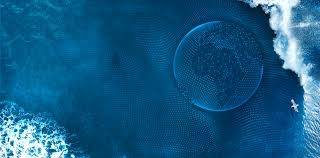
Energy and advanced technologies: Seabed excavation offers huge potential for energy resources. Oil and gas estimates increase because of new excavation techniques in ocean depths. Some countries are, for example, are investing in excavation of methane hydrate, a future energy.
Apart from fossil fuels, oceans provide huge potential for renewable solar and water currents energy that can make floating platforms energy-sufficient as well as convert it to blue hydrogen.
Demand for rare earth minerals is rapidly increasing. Hence the increase in seabed excavation of rare earth minerals. Companies like Nautilus are already excavating these in Papua New Guinea, Tonga, Fiji Islands, and Solomon Islands.
As demand for West Asian energy remains high, India, along with Japan, Israel and the UAE, can use their technological and infrastructure strengths to improve real-time detection and risk analysis of maritime movements. Strengthening real-time risk assessment based on AI capabilities and human and machine interaction, a joint taskforce could define the risks, examine existing tools that analyze the risks, and improve current solutions. As water becomes scarce, desalination projects also fall within the scope of a blue economy.
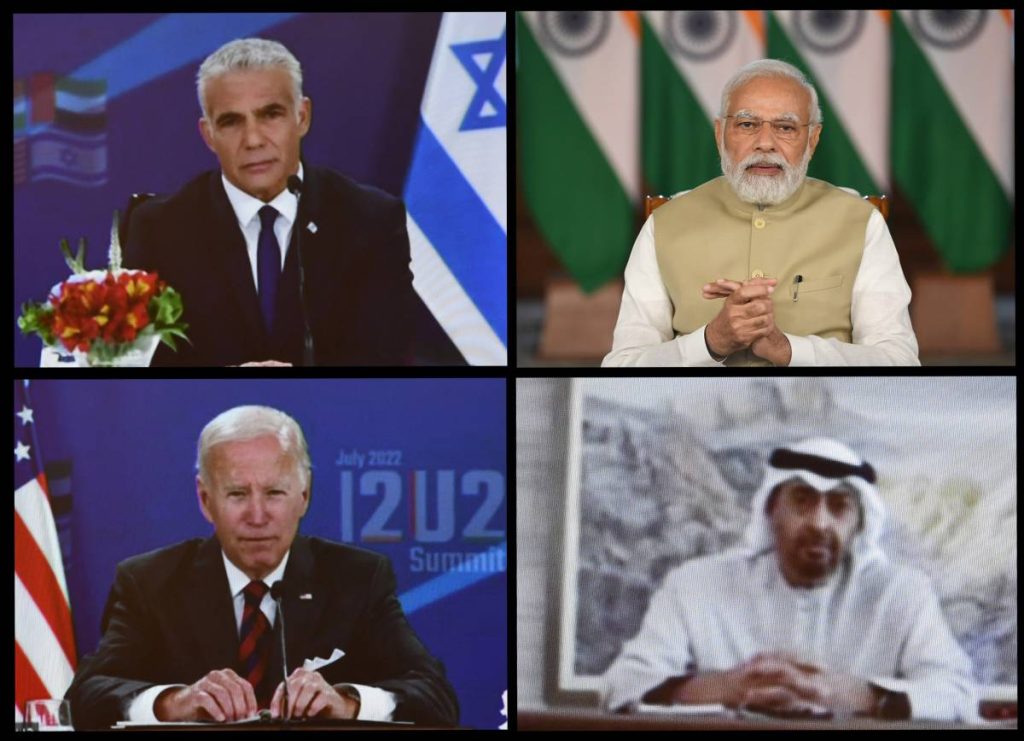
Marine Urbanization: Using AI and robotics can help run energy-sufficient floating marine platforms for unmanned microalgae cultivation for food security and CO2 sequestration and deep-sea excavation for energy, rare earth minerals and scientific research.
Marine urbanization is increasingly becoming a framework for addressing increasing population and dire global warming impacts for coastal areas. The UAE has also been experimenting with artificial islands and underwater real estate development.
Global Connectivity: The bulk of global trade uses sea routes, which ensures employment for millions. Among the most significant economic consequences of COVID-19 and the Russia-Ukraine War is disruption of vital supply chains. Hence, there is a vested interest in reestablishing and maintaining functioning trade routes and supply chains. This requires modern governance tools for complex systems, including marine spatial planning.
India as a pivot: India’s blue economy accounts for roughly 4% of the country’s GDP and is tipped to increase substantially in the future. Fisheries and minerals are the two most viable components of its blue economy. The two mineral deposits of commercial importance in the Indian Ocean are polymetallic nodules and polymetallic huge sulphides. The coastal economy sustains over 4 million fishermen with about 250,000 fishing boats across 7,500 kilometres of coastline in nine states. It also comprises 200 ports, of which 12 are major ports. Shipbuilding and shipping are also important aspects of its blue economy.
India’s Blue Economy Mission has the potential to become the next economic multiplier. The country’s deepening partnerships with the UAE, Israel, South Korea, Singapore, Indonesia, Japan, and others, make a blue economy the perfect platform for creating a regional economic connectivity alliance that can be expanded worldwide.
India can work with these countries to incorporate the knowhow and services of the public sector, private sector, think tanks, and academia in a unique partnership to form an out-of-the-box relationship to tap the potential of two-thirds of the planet’s resources.
Oceans can be an area of great competition or cooperation. The UAE, Israel, India, and other partners in Asia and beyond, can begin to pave the way towards reaping the rewards of partnerships, thus avoiding the pitfalls of geopolitical rivalries.
(Mohammed Baharoon is Director-General, B’huth (Dubai Public Policy Research Centre); Dr Gedaliah Afterman is head of the Asia Policy Programme, Abba Eban Institute for International Diplomacy at Reichman University (IDC Herzliya), Israel; and Dr Narayanappa Janardhan is Senior Research Fellow, Anwar Gargash Diplomatic Academy, Abu Dhabi, and Non-Resident Fellow, Arab Gulf States Institute in Washington)
(The content is being carried under an arrangement with indianarrative.com)


